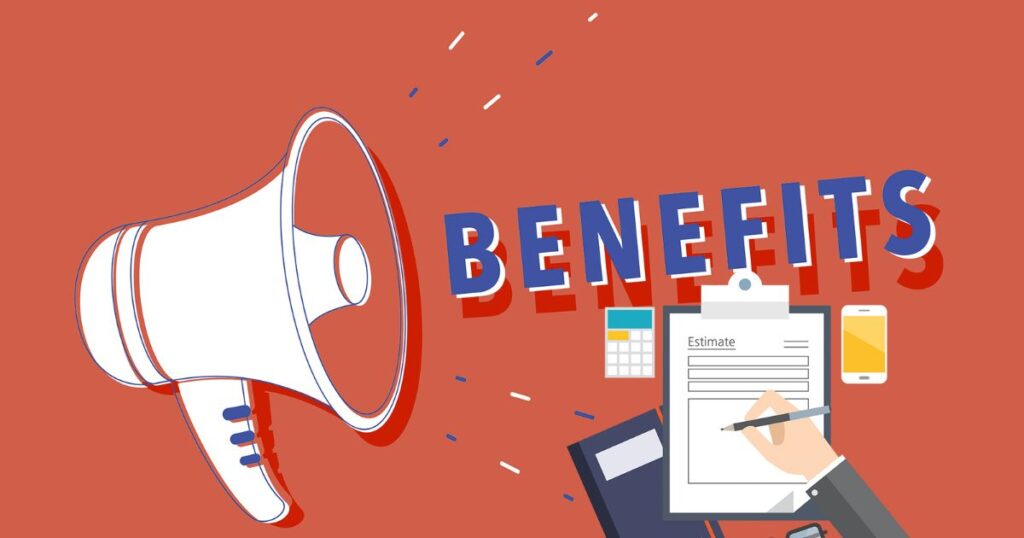Individuals check opportunity costs when making business decisions by comparing the benefits of one choice to what they must give up. They weigh the advantages of each option and choose the one with the highest net gain. This helps ensure they make the most profitable decisions for their businesses.
Ever wondered how people decide what’s best for their business? It all comes down to understanding how do individuals evaluate opportunity costs to make business decisions. Join us on a journey to uncover the secrets of smart decision-making and maximizing profits in the business world.
In the world of business, every decision matters. Understanding the value of choices and their consequences is crucial. This introduction will explore the principles behind effective decision-making, helping you navigate the complex terrain of business choices and discover the path to success.
Identifying Alternatives
In decision-making, one vital step is identifying alternatives. This means finding different options or choices you can make. Think of it like having a menu with various dishes to choose from. To identify alternatives, you should brainstorm, do research, and consider all available options.
It’s like exploring different paths on a map to reach your destination. By assessing alternatives, you can make informed decisions, ensuring you select the best course of action for your goals and objectives, whether in business or daily life.
Estimating Costs And Benefits

When making decisions, it’s crucial to estimate both costs and benefits. Costs are the expenses or sacrifices you’ll incur, while benefits are the advantages or gains you expect. Imagine it as a balance scale: you want the benefits to outweigh the costs. Estimating costs involves figuring out how much money, time, or effort something will need.
Benefits, but are the positive outcomes you expect? This process helps you weigh the pros and cons, ensuring that your choices make sense and lead to the best results, whether in personal matters or business decisions.
Determining Opportunity Cost
Determining opportunity cost, which involves understanding How do individuals evaluate opportunity costs to make business decisions. Means recognizing what you give up when making a choice. It’s like deciding between two desserts—if you pick one, you miss out on the other. In decision-making, it’s essential to consider the value of the next best alternative you forgo.
This helps you make wise choices by comparing the benefits of your chosen option to what you could have gained elsewhere. Whether it’s in daily life or business, recognizing opportunity costs allows you to make informed decisions that maximize your benefits and align with your goals.
Making A Decision
Making a decision is the final step in the process. After identifying alternatives, estimating costs and benefits, and determining opportunity costs, it’s time to choose. Picture it as reaching a fork in the road you must pick one path. Decision-making involves selecting the option that offers the most benefits relative to the costs and opportunity forgone.
It’s like selecting the tastiest item on a menu that fits your budget. Whether for personal matters or business choices, making decisions is crucial to achieving your goals and using your resources best.
Evaluating The Decision
Evaluating the decision is a vital step in the decision-making process. It’s like looking back at a road trip to see if you took the right turns. After making a choice, you should assess its outcomes. Did it bring the expected benefits, or were the costs higher than anticipated? Reflect on whether the chosen alternative aligned with your goals.
This evaluation helps you learn from past decisions, refine your decision-making skills, and make better choices in the future. Whether in your personal life or business, continuous evaluation ensures you stay on the path to success and make adjustments as needed to achieve your objectives.
Learning From The Decision
Learning from the decision is a crucial step in the decision-making process. It’s like reviewing your journey after reaching a destination. After making a choice, it’s important to assess the outcomes, both good and bad. Examining the results, you can understand what worked and what did not. This insight helps you improve future decisions.
If a decision leads to success, you can replicate the process. If it does not go as planned, you can learn from the mistakes and avoid them in the future. Continuous learning from your decisions is essential for personal growth and making better choices in life and business.
The Importance Of Opportunity Cost

Understanding the importance of opportunity cost is like knowing the value of your time and resources. It helps you make wiser decisions. When you choose one option, you give up another, and recognizing what you are sacrificing is key. This concept is vital in personal finance, where spending money on one thing means you can’t spend it on something else.
In business, it guides investments and resource allocation. By considering opportunity cost, you ensure you are getting the most out of your choices, whether in daily life or running a successful enterprise, leading to better decision-making and resource management.
Tips For Evaluating Opportunity Costs
1. When Assessing Costs and Benefits, be as Explicit as Possible.
This entails quantifying the costs and advantages to the greatest extent possible, even if it is challenging. For example, instead of saying that college is expensive, you could say that college costs $40,000 per year.
2. Take into Account all Relevant Costs and Benefits, Both Explicit and Implicit.
Explicit expenses are direct costs that are easily quantifiable, such as tuition and fees. Implicit costs are more difficult to quantify than indirect expenses, such as the time and effort you would have to forfeit.
3. When Making Decisions, be Conscious of your Own Biases.
We all have biases that influence our decisions. For example, we may be more likely to select a familiar alternative, even if it is not the greatest one. It is critical to be conscious of our own prejudices in order to make more informed decisions.
4. Check Opportunity Costs Using a Variety of Approaches.
When it comes to calculating opportunity costs, there is no one-size-fits-all solution. You can use the following methods:
- A cost-benefit analysis is performed.
- Analysis of net present value
- Return after adjusting for risk
- Analysis of Sensitivity
5. Get Help from Others when Needed.
If you’re having trouble calculating opportunity costs, don’t be hesitant to seek assistance from others. Talking to a financial expert, a business consultant, or a friend or family member who is adept at making decisions is one option.
Conclusion
To sum it up, How do individuals evaluate opportunity costs to make business decisions is a crucial question for making smart choices. By considering different options, weighing costs and benefits, and understanding what’s given up, people can make better decisions in both business and everyday life.
Learning from these decisions is a valuable lesson for future choices. So, whether in the business world or personal matters, grasping the concept of opportunity costs helps us make informed and strategic decisions that lead to greater success and satisfaction.








